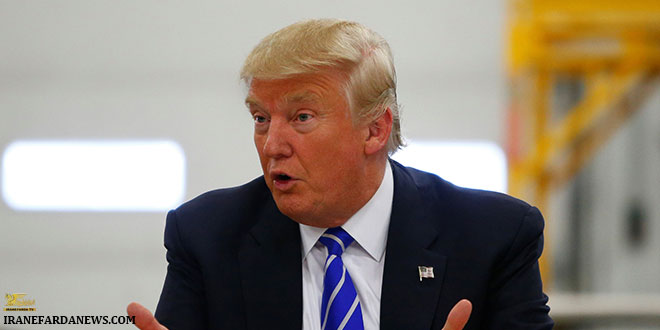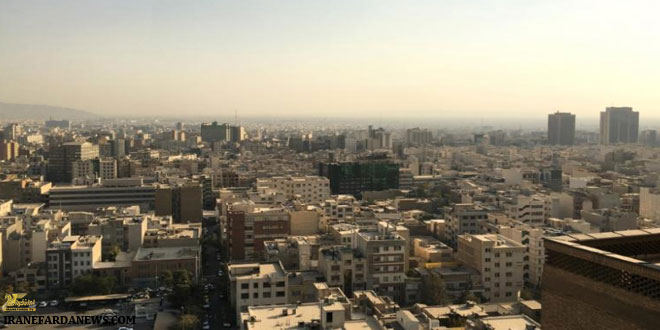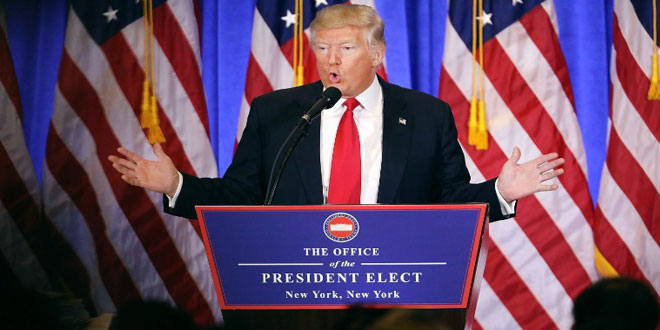
By: Sina Toossi 19 January 2017
The community has demonstrated political power, but it must do more to offset a potential blow to U.S.-Iran relations in these uncertain times. Read More »

By: Sina Toossi 19 January 2017
The community has demonstrated political power, but it must do more to offset a potential blow to U.S.-Iran relations in these uncertain times. Read More »

by Tytti Erasto
Opponents of the 2015 Iran nuclear accord have criticized the deal because it did not end uranium enrichment or limit missile development by Iran. With the Trump administration, some see an opportunity to undermine the agreement by imposing more non-nuclear sanctions on Iran. The assumption is that this could provoke Tehran to withdraw from the deal, snapping back the ‘crippling’ sanctions, which-according to common wisdom-brought the country to the negotiating table in 2013. Indeed, if such sanctions worked so well before, why could they not extract an even ‘better deal’ from Iran now? Others, such as the nominee for Secretary of State Rex Tillerson, seem to want to go back to the previous policy of “no uranium enrichment in Iran,” at least after the deal expires. Read More »
NEW REPORT FROM CRISIS GROUP

Executive Summary
One year since its “implementation day”, 16 January 2016, the July 2015 nuclear agreement between Iran and the five permanent members of the UN Security Council plus Germany (the P5+1) – the Joint Comprehensive Plan of Action (JCPOA) – is both a success and in jeopardy. It has delivered so far on its narrow objective: effectively and verifiably blocking all potential pathways for Iran to race toward nuclear weapons, while opening the door to the country’s international rehabilitation and economic recovery. But in its transactional nature lies the accord’s vulnerability: it has not begun to transform the enmity between Iran and the U.S., leaving it exposed to an unstable political environment. If Iran still deems the deal in its national interest, it should not only adhere to its letter and spirit, but also move away from regional zero-sum pursuits. The Trump administration will face a starker choice. It could scuttle the deal, deliberately or by neglect; it should seek to make it stronger for all by a better-for-better bargain. Read More »

By: Federica Mogherini
One year on, brave leadership and hard work have paid off. Iran is adhering to its obligations, to the huge benefit of the region and beyond. The critics are wrong
One year ago this week, the European Union, China, France, Germany, Russia, the UK, the US and Iran began to implement the joint comprehensive plan of action on Iran’s nuclear programme. This agreement was the result of brave choices, political leadership, collective determination and hard work. A year on, we can clearly say that the Iran deal is working and we need to maintain it. Read More »

By Bernardo Vizcaino and Karin Strohecker Jan 12, 2017
Iranian authorities, keen to roll out the red carpet to foreign investors, are taking steps to help local firms sell bonds abroad and Western fund managers are eager to buy. Read More »

By Parisa Hafezi and Tim Hepher | ANKARA/PARIS
An Airbus A321 airliner landed in Tehran on Thursday, the first to arrive out of the 200 Western-built aircraft ordered by IranAir following the lifting of sanctions on Iran last year. Read More »

Stratfor JANUARY 8, 2017
Summary
Former Iranian President Ali Akbar Hashemi Rafsanjani, who ruled from 1989 to 1997, passed away on Jan. 8 at the age of 82. For the past four decades, Rafsanjani has been one of the most powerful figures in Iranian politics, surpassed only by Iran’s first leader, Ayatollah Ruhollah Khomeini, and current Supreme Leader Ayatollah Ali Khamenei. His passing comes at a critical time in Iranian politics as the country prepares for an important presidential election in May. Read More »

MSN: 7418…..This aircraft will soon be registered as EP-IFA.
The benchmark A320 Family’s largest member – the A321 – offers airline customers the best seat-mile costs of any single-aisle aircraft and seating capacities comparable to that of a widebody jetliner. Read More »

By Patrick J. Buchanan
Though every Republican in Congress voted against the Iran nuclear deal, “Tearing it up … is not going to happen,” says Sen. Bob Corker, chairman of the Foreign Relations Committee. Read More »

By: Saeed Kamali Dehghan Iran
Rafsanjani, founding member of Iran’s 1979 Islamic Revolution and president for two consecutive terms, dies in Tehran
Ali Akbar Hashemi Rafsanjani, Iran’s greatest political survivor who served as president for two consecutive terms, has died aged 82. Read More »